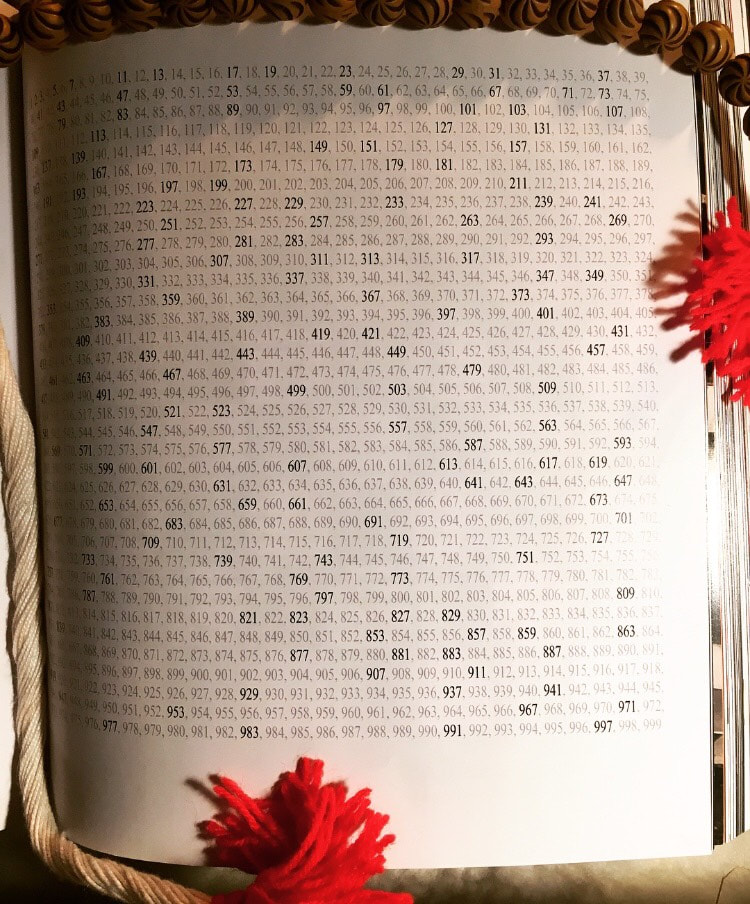The legendary geometer Euclid of Alexandria, for example, may have been the first to prove that there are an infinity of primes well over 2,000 years ago. The Greek mathematician, music theorist, astronomer and poet, Eratosthenes, developed what is probably the original test for primality, now known as the Sieve of Eratosthenes around 240 B.C. Fast-forward over 2,000 years to 2008, the forty-fifth known Mersenne prime (prime numbers named after the French theologian and mathematician Marin Mersenne) was discovered, which contains an unfathomable 12,978,189 digits.
Today, prime numbers play an important role in public-key cryptography algorithms that may be used for sending secure messages. More important, for pure mathematicians, prime numbers have been at the heart of many intriguing unsolved conjectures through history, including the Riemann Hypothesis, which concerns the distribution of prime numbers, and the strong Goldbach Conjecture, which states that every even integer greater than 2 can be written as a sum of two primes.
and relish in the sporadically
bubbling infinities
of the primal past-participle
principalities of prime.

 RSS Feed
RSS Feed
